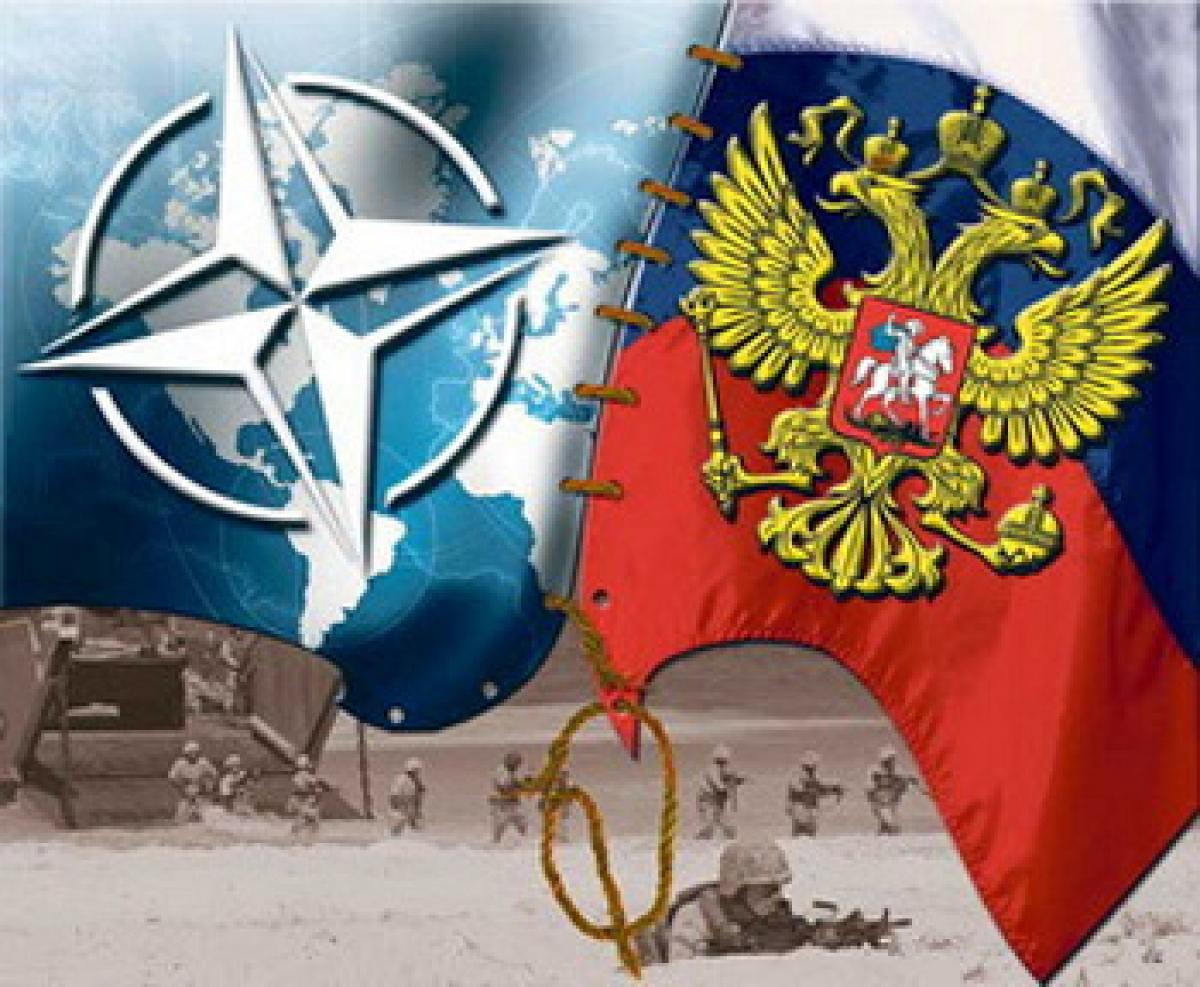Live
- BJP using Waqf issue as ‘political weapon’: K’taka Home Minister
- KSR Bengaluru and Kengeri Railway Stations get escalators
- Sunitha’s long cherished dream to become a reality soon!
- Sakra honours barefoot activist Ajay Oli, expands CSR initiatives to aid underprivileged
- Sudha Murty Celebrates Cultural Values At London's Diwali Gala, Praises Son-In-law Rishi Sunak
- PM Modi Arrives In Brazil For G20 Summit, Set For Key International Engagements
- The Little Book of Big Gains: How Technology Transforms Investing
- Only ineligible BPL cards cancelled, clarifies CM
- TTD EO administered oath as ex-officio member of Trust Board
- Five arrested for stealing old ballot boxes
Just In

NATO may combat Kremlin \"weaponisation of information\" used to support action such as the 2014 seizure of Crimea by creating a new more powerful communications section and declassifying more sensitive material, according to draft plans.
Brussels : NATO may combat Kremlin "weaponisation of information" used to support action such as the 2014 seizure of Crimea by creating a new more powerful communications section and declassifying more sensitive material, according to draft plans.
Both NATO and the European Union are concerned by Russia's ability to use television and the Internet to project what they say is deliberate disinformation. The EU set up a special unit last year to counter what it considers overt propaganda.
Draft NATO proposals seen by Reuters set out how military tactics - to understand adversaries and then influence foreign audiences - could become part of a new NATO communications directorate. The 23-page document, part of a long-running debate at the North Atlantic Treaty Organisation, is sensitive.
NATO, in its own parlance, is considering "strategic narratives that lead to aligned words and actions ... appropriately adapted and culturally attuned to resonate with all audiences and counter opposing narratives."
Though favoured by Britain and others, the United States is wary of any strategy that could be construed as base propaganda. Officials say the credibility of NATO, an alliance of 28 democracies, relies on being open and truthful. "One of the main principles of NATO is that we cannot counter propaganda with more propaganda," said NATO spokesperson Oana Lungescu, who grew up in Romania under communist rule.
Russia has invested in a state-of-the-art media organisation with hundreds of journalists abroad intended to wean the world off what it calls aggressive Western propaganda - dubbing it, with echoes of the Cold War, Sputnik. It is also now very active on the internet, in social media such as twitter.
NATO, according to the proposals, could move more quickly to declassify images to back NATO warnings of threatening activity, as well as communicating more on social media. After Russia moved into Crimea, NATO unveiled photographs of Russian deployments near the Ukrainian frontier but they were commercial satellite images and shown more than a month after the annexation.
"They (the Russians) can create a virtual reality that is meant to confuse and achieve certain aims," said one Western diplomat. NATO already has a Strategic Communications division and YouTube channel and has increased its social media presence and its response to media queries.
However, some believe that is not enough, pointing to unconventional warfare techniques from unidentified troops - the so-called "green men" without insignia in Crimea and eastern Ukraine - to disinformation operations and cyber attacks.
Strategic communications involves coordinating various means of informing the media and the public, as well as so-called psychological operations (PsyOps), to influence public opinion, to build support for policies and operations. Negotiations on a new policy may begin before the NATO summit in Warsaw in July, where some hope it could be approved.
"NATO is indicating it wants strategic communications to be better placed to detect information threats at the earliest stage," said Stephen Badsey, professor of conflict studies at the University of Wolverhampton.
NATO Secretary-General Jens Stoltenberg, in words that might have been uttered in Cold War days of less sophisticated communications, told the World Economic Forum in Davos there was a "blurring line between war and peace".
By Robin Emmott

© 2024 Hyderabad Media House Limited/The Hans India. All rights reserved. Powered by hocalwire.com







